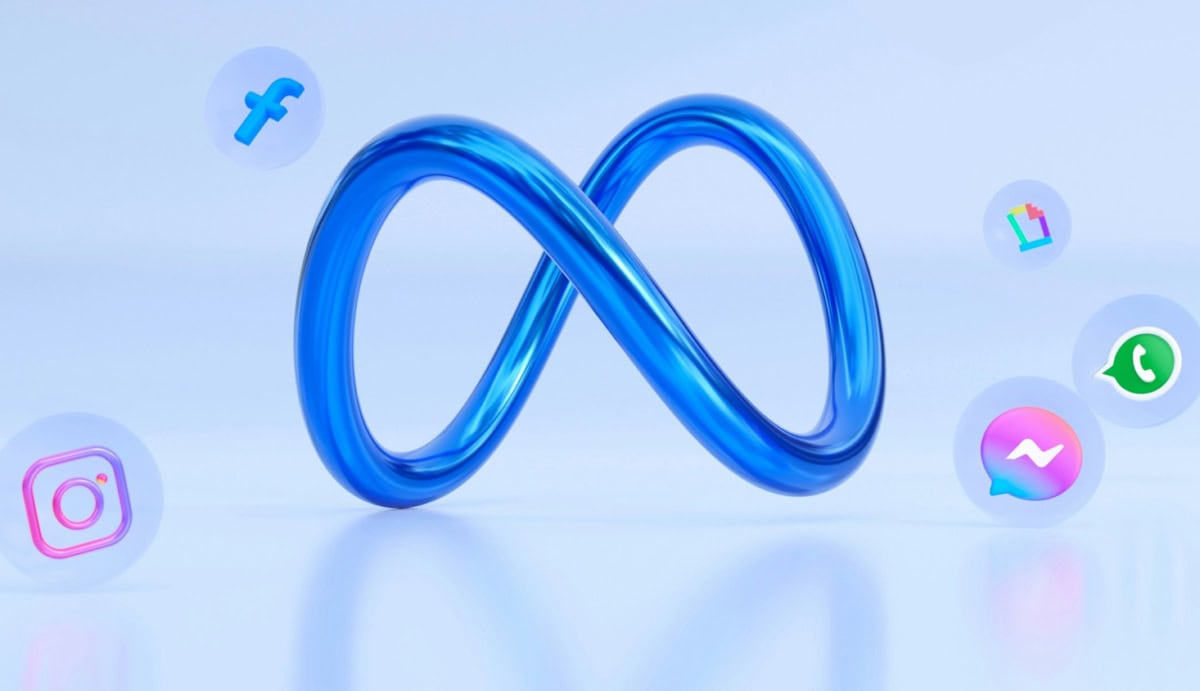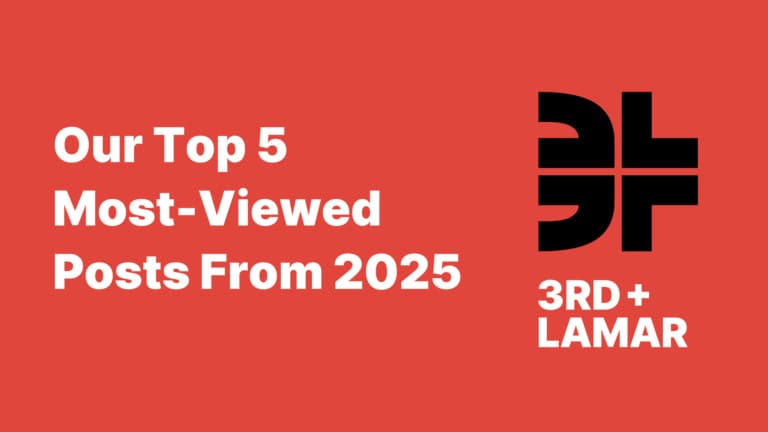
Advertising heats up in Q3 and Q4 as brands gear up for the holiday shopping season and spend their remaining budget before year end.
As you build your media plan and finalize your Meta strategy, consider these recent platform developments.
Enhanced Meta Conversion Tracking And Optimization
Meta announced a variety of updates Aug. 14 that should help advertisers who want better visibility and control relative to their conversion tracking.
- Conversion Value Rules: It should be easy to bid higher for audiences that are more valuable to your business. With that in mind, Meta is expanding the testing of a feature where advertisers can define which audiences or conversions they value more or less, and this will be used by Meta to optimize campaigns accordingly.
- Incremental Attribution: How many conversions that Meta takes credit for would have occurred anyways? This question is at the heart of measuring incrementality. Soon, Meta will introduce an opt-in attribution setting that optimizes for and reports on incremental conversions.
- Third-Party Integration: Advertisers can connect their analytics tools like GA4 to Meta via API. If you use GA4 for multi-touch attribution, then you can share this type of data with Meta to help the algorithm understand what conversions you value and, ultimately, to optimize your campaigns.
Meta Advantage+ Leads Campaigns Beta Test
Since January this year, we’ve been testing Meta’s Advantage+ Shopping Campaign (ASC) Alpha test for leads. Put simply, this campaign type optimizes for leads rather than purchases, which is what the original ASC campaigns are intended for.
The benefit of ASCs are the simplified setup, and instead of defining an audience to target, Meta uses it machine learning to optimize delivery and targeting within the country that you designate. These features also apply to ASCs that optimize for leads (ALCs), and we’ve found more efficient performance on a cost per lead basis with ALCs compared to standard lead gen campaigns on Meta.
According to our Meta rep, Meta is planning for a global Open Beta launch for ALCs in Q4 with a 100% launch planned for the first half of 2025.
Lead Ads Quality Optimizations For Meta Instant Forms
B2B advertisers that run lead ad campaigns on Meta with instant forms will love this development.
Soon, Meta will begin an Alpha test to enable advertisers to run lead ads with instant forms that optimize for quality leads. Until now, brands could optimize only for lead volume with instant forms.
If you’re unfamiliar with instant forms on Meta, these allow advertisers to capture lead information without users leaving Meta to enter their information on a landing page. Typically, instant forms have a higher conversion rate than campaigns that capture leads off-platform, but the uptick in leads often comes at the expense of quality.
In this Alpha test, Meta will leverage signals from an advertiser’s website that are shared via Meta’s Conversions API for web or the Meta Pixel.
Coupon Redemption For Meta Instant Forms
Meta is rolling out a feature that advertisers can use to incentivize and reward people for filling out an instant form.
When you create an instant form on Meta, select “Redeem promo code” and fill in the fields for “Online Promo Code,” “Online offer URL” and “Call to action.” Once a user completes the instant form, they will be able to copy the promo code and use it on your site.
While instant forms are used predominantly by B2B companies, we think this feature could be interesting for e-commerce advertisers, too. Most e-commerce stores have a pop-up form on their sites offering a 10-15% discount for users to enter their email addresses. If your email flows convert well, perhaps it makes sense to run instant form ads on Meta to capture emails in exchange for the same discount.
Have questions about any of these Meta developments? Need help with your paid search and paid social campaigns? Email us at [email protected].



